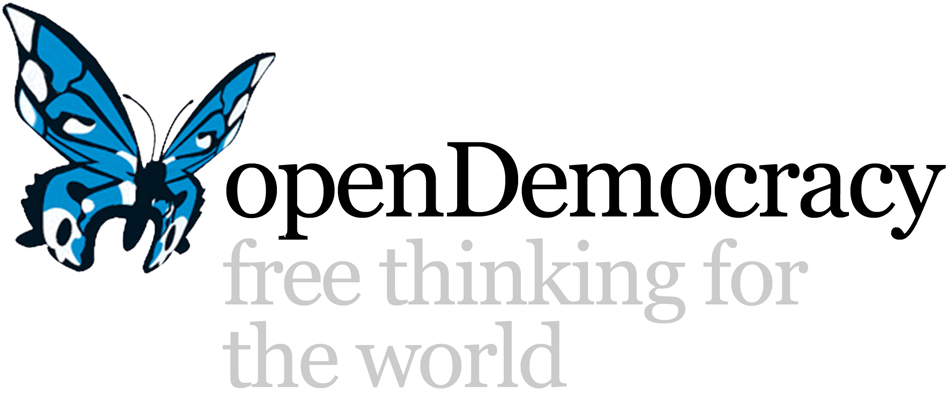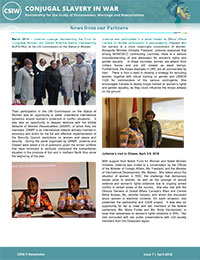By Annie Bunting and Joel Quirk
Researching gender-based violence in African conflicts is ethically treacherous. A new series looks at how researchers can avoid the worst pitfalls while working in the field.
Many different methods can be used to collect information. Most people start with the internet. Some even go to libraries. In most cases, the goal is to track down information that has already been collected by other people. However, there are also times when the required information is not available. In such cases, if you want specific kinds of information badly enough, it may become necessary to go out into the world and collect it yourself.
This is what researchers commonly refer to as fieldwork. Travelling to specific locations and asking people questions about their opinions and experiences. ‘Hanging out’ and observing how and why people behave in different ways. All of this may sound fairly straightforward, but once you delve a little deeper numerous ethical and practical challenges begin to emerge. Careful planning is required in order to ensure that the information which gets collected is as reliable as possible, and that specific findings are not overstated or misrepresented. Further measures are also required to ensure that no one participating in the fieldwork process comes to any harm – either physical or psychological – due to their involvement. This ethical obligation is sometimes portrayed as a version of the Hippocratic oath, where doctors commit to ‘do no harm’.
Many researchers (and journalists) do their best to adhere to this standard. Whenever they go out in the world to collect information, they try to ensure that no harm comes to the people providing them with answers. This can sometimes be a very challenging task. People who have experienced personal distress – violence, loss, displacement – are not always comfortable talking about their experiences, and they can sometimes risk retribution and/or trauma by sharing what they know.
This commitment to avoiding harm is undoubtedly important, but is it sufficient in ethical terms? [Full blog here]






